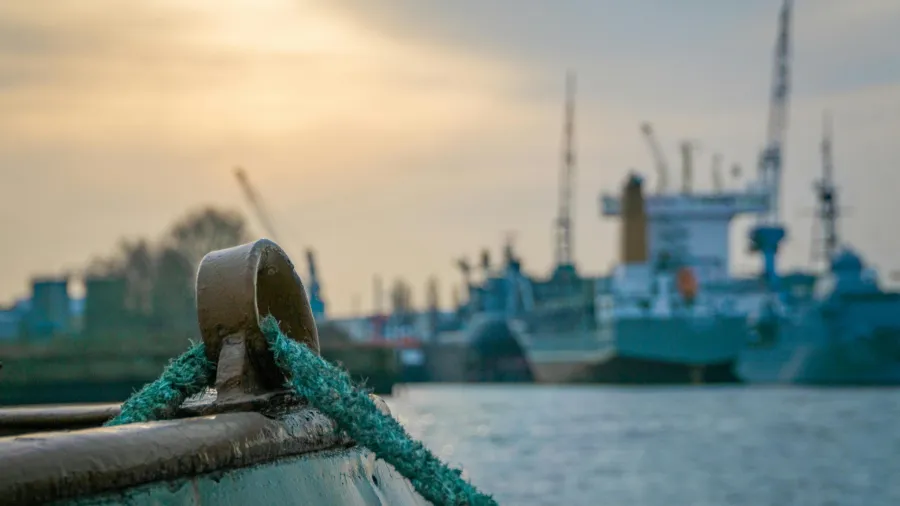
HK rolls out green incentive scheme and shipping legislation
It aims for maritime carbon neutrality by 2050.
The government is addressing climate change with new initiatives aimed at reducing carbon emissions in the maritime sector, said Secretary for Transport and Logistics Lam Sai-hung.
"Our Government will proceed in accordance with the emission reduction target set by the International Maritime Organization (IMO), which is to achieve carbon neutrality in the maritime industry by around 2050," he said in a blog post
On 28 June, the Marine Department introduced the Green Incentive Scheme, the world’s first initiative tied to the Carbon Intensity Indicator (CII). All Hong Kong-registered ships of 5,000 gross tonnage or more, holding a valid “Statement of Compliance - Fuel Oil Consumption Reporting & Operational Carbon Intensity Rating” with an A or B rating from the IMO, are eligible for a $20,000 annual incentive from 2024 to 2026.
The government has also allocated $65m from the 2024-25 Budget to support this scheme. The IMO acknowledged this initiative in a circular letter issued on 27 June 27.
Additionally, the Shipping Legislation (Use of Fuels & Miscellaneous Amendments) Bill 2024 was introduced to the Legislative Council last 17 July. The bill aims to enable the use of environmentally friendly fuels such as liquefied natural gas (LNG), methanol, ammonia, and hydrogen in Hong Kong waters. With global fleets increasingly adopting these green fuels, it also seeks to bolster Hong Kong’s position by facilitating the use and bunkering of these fuels.
Moreover, the government is also conducting a feasibility study for green methanol bunkering and will announce an action plan by the end of the year. This plan will focus on developing infrastructure and supply chains to support the expanded use of green marine fuels, positioning Hong Kong as a leading green marine fuel bunkering center in the region.
“We remain committed to collaborating closely with the industry to foster the advancement of green shipping and green ports in Hong Kong,” said Lam on a blog post.
“As we strive to reduce emissions, our goal is to bolster the port’s competitiveness, thereby achieving both environmental sustainability and economic prosperity,” he added.








![Cross Domain [Manu + SBR + ABF + ABR + FMCG + HBR + ]](https://cmg-qa.s3.ap-southeast-1.amazonaws.com/s3fs-public/styles/exclusive_featured_article/public/2025-01/earth-3537401_1920_4.jpg.webp?itok=WaRpTJwE)









 Advertise
Advertise


